Figures like Sam Harris and most recently Robert Sapolsky argue free will is an illusion. Yet most attempt to save the idea that we are morally responsible for our actions, in spite of this lack of free will to choose those actions or the freedom to have acted differently. Lawrence Harvey, grappling with the thought of Paul Rée, a thinker celebrated by the philosopher Friedrich Nietzsche, writes that if we are to believe free will is an illusion, the idea of responsibility must be thrown away with it.
“Responsibility is a chimera which stalks the conscience of those
who are not bold enough to apply the deterministic laws of nature
to themselves…”
In 1878, Nietzsche wrote a letter to Paul Rée (1849–1901) in which he declared: ‘All my friends are now agreed that my book [Human, All-Too-Human] comes from and is written by you: so I congratulate you on this new authorship … Long live Réealism and my good friend!’ Although this friendship was not to last, many commentators agree that Rée had a profound, if temporary, influence on both Nietzsche’s thought and his method of philosophical expression. Arguably, this broad consensus gives weight to the idea that Rée helped to shape the course of modern continental philosophy, albeit from the intellectual sidelines.
However, Rée was a radical philosopher in his own right. He was a hard-nosed empiricist who rejected appeals to metaphysics, religion and the notion of free will. Via an appeal to Darwin’s theory of natural selection, he also repudiated a priori moral principles, going as far as to proclaim that we should abandon the notion of moral responsibility not merely in theory, but in practice as well. As he put it, ‘someone who has recognized the nonfreedom of the will no longer holds anyone responsible’.
SUGGESTED VIEWING The truth about free will With Raymond Tallis
Paul Ludwig Carl Heinrich Rée was born in Bartelshagen, a village in Pomerania close to the Baltic coast. His parents were both from assimilated Jewish families, a lineage that was later exploited by the anti-Semitic Wagnerian circle as they tried to distance themselves from Nietzsche. In 1869, Rée embarked on a study of philosophy and law at the University of Leipzig. Following an interval in which he fought in the Franco-Prussian war, he devoted himself to the study of philosophy at the University of Halle; his doctoral dissertation interrogated the notion of nobility within the context of Aristotelian ethics.
___
As he makes plain, moral responsibility is based on the error of supposing that humans possess free will — when ‘we have understood the necessity of all human actions, we no longer hold anyone responsible’.
___
Rée and Nietzsche first met in Basel in the summer of 1873. As their friendship developed, Nietzsche began to laud Rée, likening him to a skilful marksman adept at hitting the bullseye of human nature time and again. In 1882, Rée introduced Nietzsche to the young Russian bohemian, Lou Salomé (later Lou Andreas-Salomé). Within days of meeting, the three thinkers were travelling together in Italy. In Lucerne they posed for the now infamous photograph in which Nietzsche and Rée appear tethered to a cart whilst Lou Salomé stoops behind them wielding a whip. Rée strongly objected to the pose, but Nietzsche insisted. Regretfully, it is within this context that Rée is often remembered today.








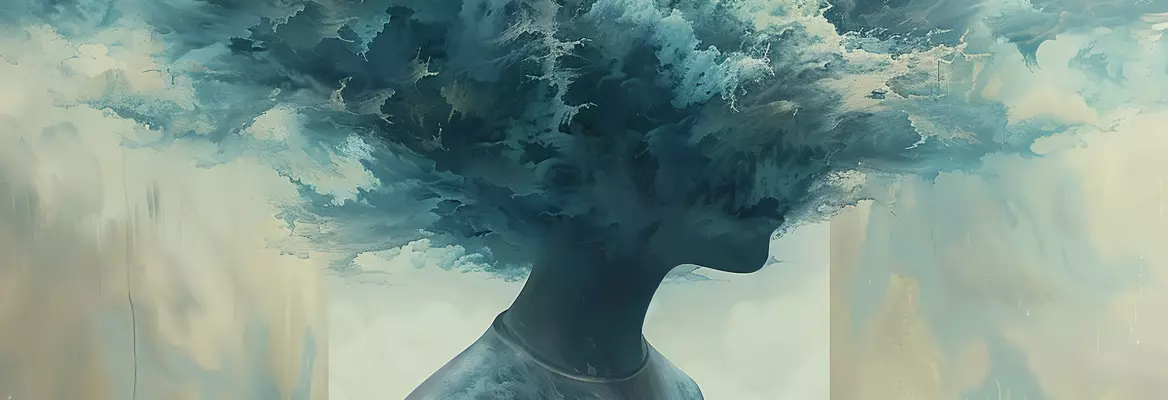

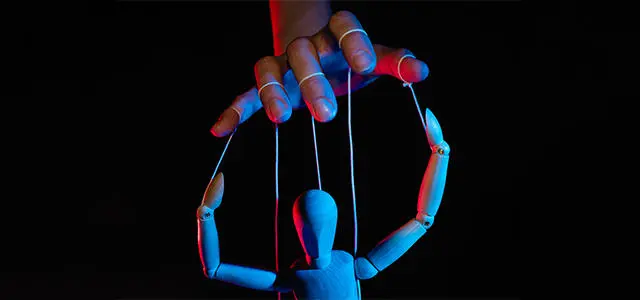

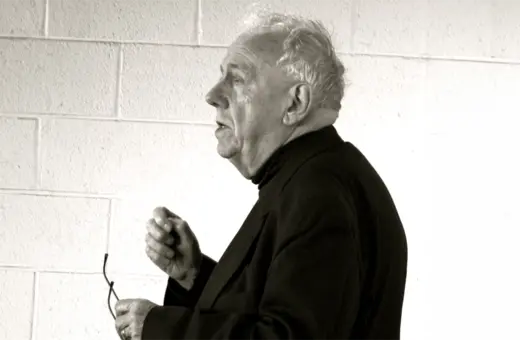
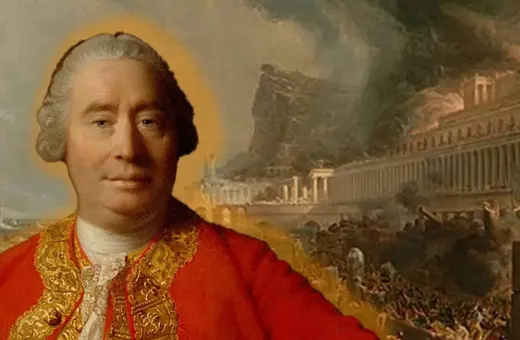


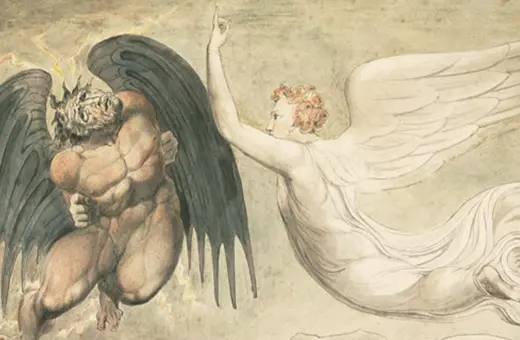
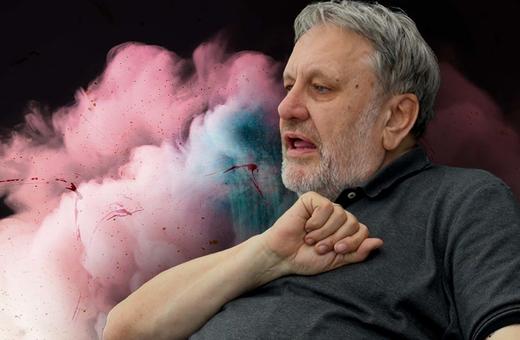
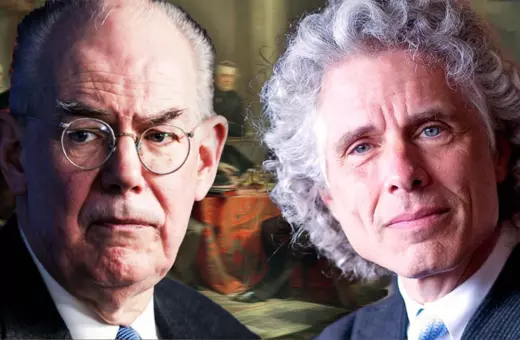




Join the conversation